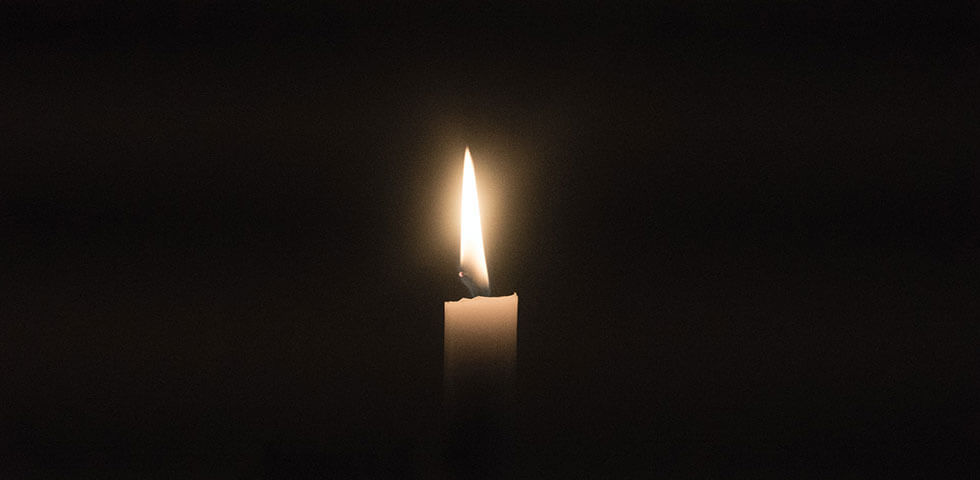I lost my father to suicide in March of 2014. I was waist-deep in a clinical psychology doctoral program; however, no class, therapy session or research paper could have prepared me for this crushing blow. This was my best friend, my supporter, the coolest guy I know – my dad.
The first few weeks were a whirlwind in which my husband and I were tasked with getting all of Dad’s proverbial ducks in a row and tying up the seemingly infinite loose ends. Fortunately, through all of this, there was an overwhelming outpouring of love and support.
Friends and family members called, texted and emailed incessantly. There were cards, flowers, fruit baskets and booze. Groups of friends appeared for impromptu visits, and the attendance at the funeral service was staggering. Hundreds of people arrived to not only pay their respects, but to be there for us.
Then it stopped.
No more phone calls. No more texts or emails. And definitely no more flowers or visits. What the hell? We chalked it up to people being busy and having lives of their own. That’s understandable. I mean, there was no way people could forget that we just lost our father to suicide.
But over time it became apparent we weren’t on the receiving end of peoples’ forgetfulness. Their memories were intact. The quiet took on a different feel, and it seemed as though people were avoiding talking about our loss. The mention of my dad in conversation appeared to induce uneasy smiles, fidgeting or a swift change in subject.
We were at a loss, and the silence was deafening.
So, eventually I straightforwardly asked a friend of 25 years why she hadn’t been reaching out about how we are doing, or more importantly, why she rarely spoke of my dad. Her response was simple: “I don’t know what to say.”
My friend also shared her feelings of anxiety about potentially causing me to have a bad day, or to think about the loss when I otherwise wouldn’t have been. This is a kind sentiment, and one I have heard from numerous others over time. So, my response to all of you caring, protective types is this: Suicide loss survivors don’t forget. The loss is, and will be, with me at all times. It is now an integral part of who I am. I mean, I’m not walking around sobbing, but the void is still there. And that’s okay.
As a loss survivor and as a psychologist, I have gained liberal awareness of the prevalence of stigma. That little word is a big bully and likely played a role in the silence we experienced after the loss of my dad, as well as in the lives of countless survivors of suicide loss.
Approximately 90 percent of those who die by suicide have a diagnosable mental illness at the time of their death. Suicide is not weak, selfish or the result of a character flaw – it is, for lack of a better explanation, a monstrous side-effect of an illness. It is not a wish to die, but the desire to end pain.
Unfortunately, stigmatization and negative attitudes towards mental illness remain prevalent in society. Suicide is prone to stigmatize both the deceased and loss survivors, often leading those left behind to experience rejection, shame and guilt. Many don’t realize stigma does not only manifest in the “typical” overt ways (intentionally hurtful comments, shunning of survivors, judgment of the deceased as weak or selfish), but also presents through more omitting behaviors (avoidance of conversation about the deceased, a lack of interest in the wellbeing of the survivor). Silence in a place where an individual expected support can be the most devastating.
We are strong. However, survivors of suicide loss, especially family members, are at a particularly high risk for depression and co-morbid suicidal ideation and behaviors. Be mindful.
It’s time to fill the silence:
Remember, and speak of those lost fondly and often.
Talk, reminisce, laugh, cry and heal.
Replace your judgment with compassion and understanding.
Open your mind, your eyes, and your mouth.
Reach out to those left behind.
Educate. Advocate. Eradicate stigma.
Be the voice to end suicide.

